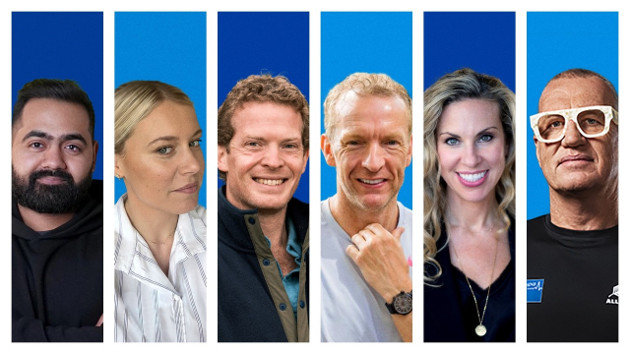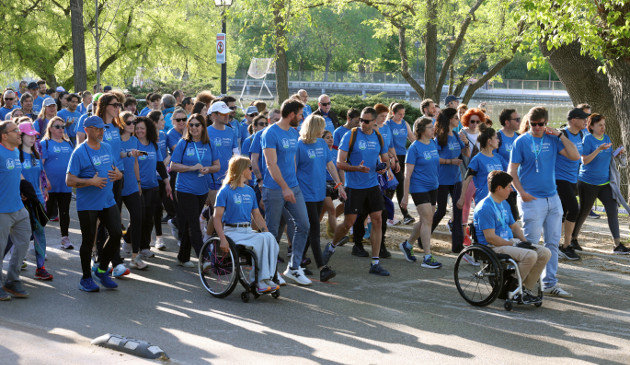Around the world, our research has found people prefer to stay silent about their health. One in two people avoids addressing health concerns – yet four in five believe that talking about health experiences can support both physical and mental wellbeing.

This reluctance to speak about health is felt across countries and communities. It can be down to a number of factors, such as stigma, fear, uncertainty or embarrassment. But starting a conversation can lead to earlier diagnosis, better support and, ultimately, improved health outcomes.
That’s why we launched Health Stories – a global movement from Bupa – to help make conversations about health part of our day-to-day lives. The exceptional people we’ve spoken to as part of the campaign have revealed how talking about health can help us feel more connected and supported.
William is Deaf and has combined type ADHD. For years, he felt isolated – until he met someone who finally understood his experience.
“I had all the signs of ADHD but had never met another Deaf person with it, so I felt very alone,” said William. “Then I met someone at a party who also had ADHD and we spent the whole night talking about it. If it wasn’t for her, I wouldn’t be the person I am today.”
Caitlin, who also shared her story, was born with fibula hemimelia – meaning she was missing the outer of the two bones between her knee and ankle. After multiple surgeries, she elected to have her leg amputated 10 years ago.
“When I met my new prosthetist, my whole relationship with my body changed,” said Caitlin. “The connection we have, and the way we’re able to talk about my body, has completely shifted my perception.”
By having a frank and open conversation with her prosthetist, Caitlin received a prosthetic that fitted her body and lifestyle better than was previously possible.
Junior’s story speaks to the invisibility of many health conditions. He lives with Crohn’s disease, a chronic illness that affects the digestive system, and kept it hidden for years.
“My Crohn’s was something that I didn’t really want to tell anybody about because it’s quite embarrassing,” said Junior. “Often you’re suffering alone. But finding the courage to talk to people about my Crohn’s has changed my life for the better.”
By opening up to his partner, Junior found not just practical support, but also emotional freedom: “It made me feel accepted, loved, supported and free. I don’t have to hide anymore.”
And for Ruby Tui – a professional rugby player for the New Zealand Black Ferns, an Olympic gold medallist and World Cup winner – facing her own battles with mental health has encouraged her to speak up and share her experience with others.
“I had these negative voices in my head,” said Ruby. “Some days I just didn’t want to get out of bed. As soon as I started to talk about it, things felt lighter. Through the simple act of sharing, we can open ourselves up to different perspectives and empower ourselves to find solutions. Now I share my story with anyone who’ll listen.”
What all these experiences highlight is that sharing health experiences can be a turning point and open the door to support, diagnosis, treatment, connection and resilience. It can challenge stigma, create empathy and help people feel less alone in what they’re going through. In fact, our research has found that eight in 10 people say opening up can support physical and/or mental health.

Bupa believes a healthier, happier life can start with one conversation. We want to break down the barriers around talking about health to create a space where sharing health experiences becomes part of everyday life.
Do you talk about your health? Maybe there’s somebody you’d like to encourage to open up. Dr Mohamed Maan, Head of Clinical Operations at Bupa Global, has put together five tips for talking about health that could help you start a life-changing conversation.
Explore conversation starters and watch our Health Stories films.




